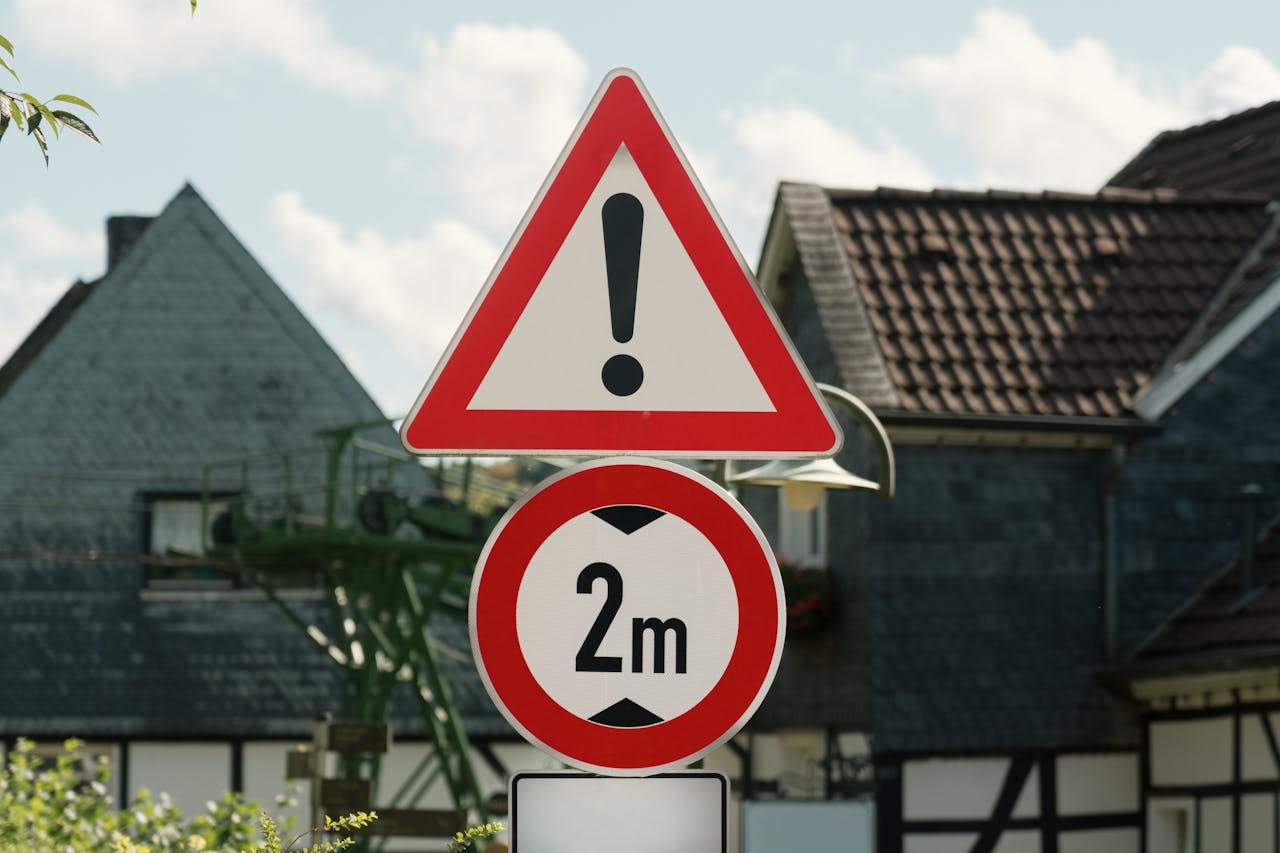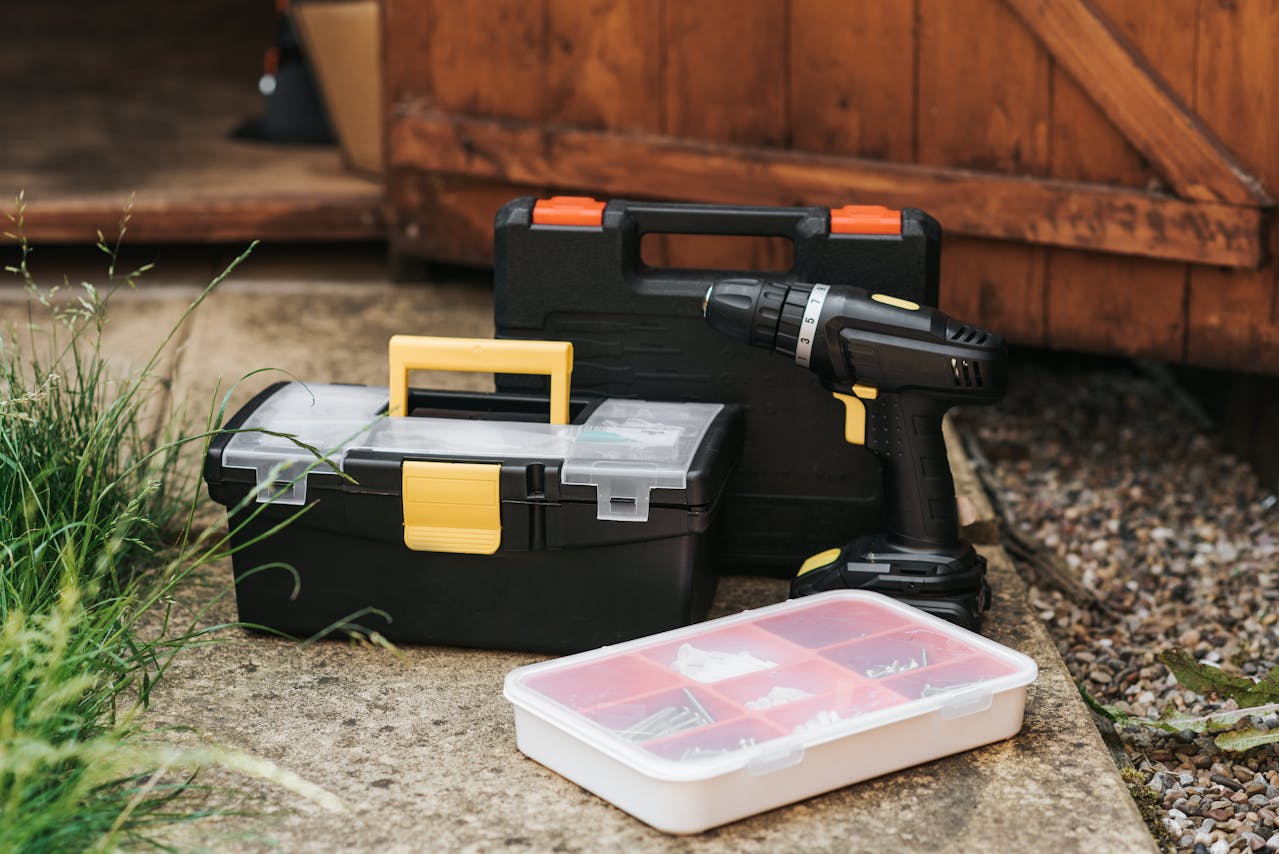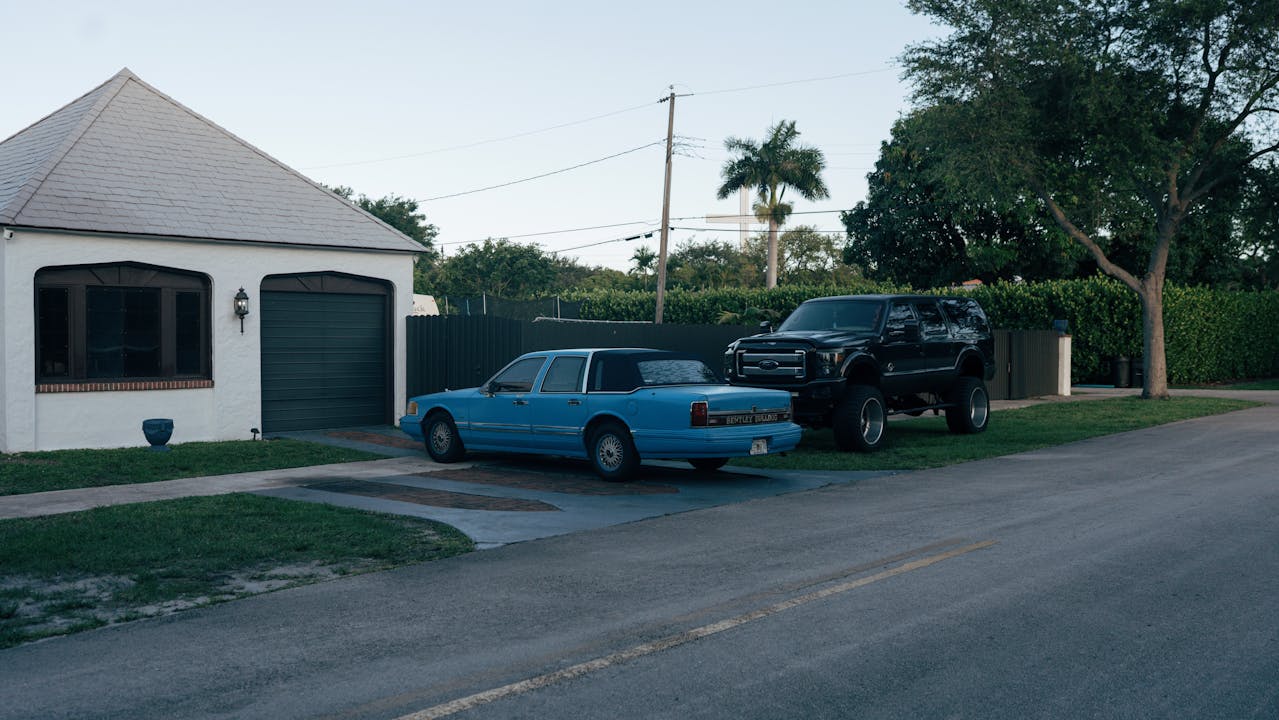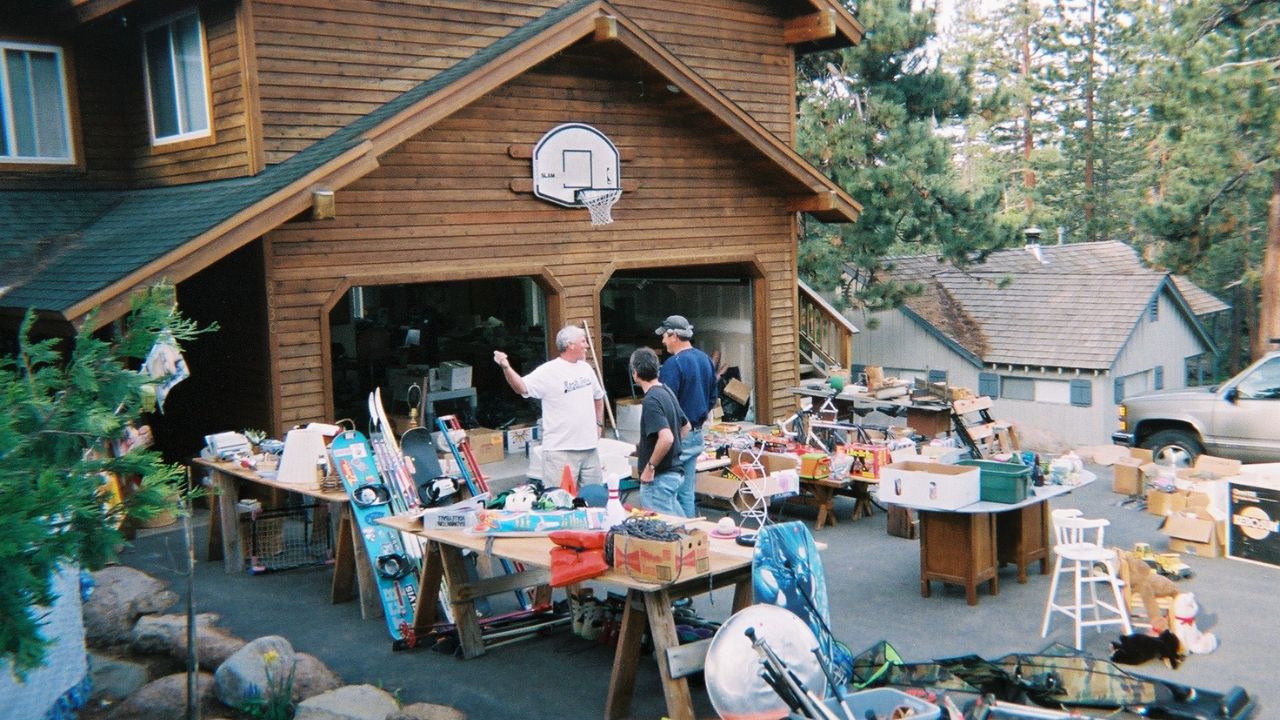Garage and yard sales look casual, but most towns regulate them. Codes treat sales like short pop-up retail to protect neighbors, streets, and buyers. Common rules cover permits, how often you can host, where signs go, and what you are allowed to sell. Some states also tax repeated sales. Before pricing anything, check your city website and homeowners’ rules, then plan for clear sidewalks, legal parking, and quiet hours. A few minutes of prep keeps the fun going and the fines away.
1. Permit or registration may be required

Many cities require a garage-sale permit or free online registration, even for one weekend. Skipping it can trigger a citation. Permits help towns track frequency limits and respond to complaints. Expect simple rules: display the permit, keep it on-site, and follow listed hours. Some places cap the number of signs or require an applicant over 18. If your city limits sales per address, permits also prevent sharing locations to dodge the count. Print the approval email and post it near the cash table.
2. Frequency and duration limits

Zoning codes often limit how many sales you can hold per year and how long each can run. A common pattern is two to four events annually, two or three consecutive days each. Running every weekend looks like year-round retail and can violate home-business rules. If rain washes out a day, some ordinances allow one make-up date by notice to the city. Track your dates so you do not exceed the annual cap, and pack up on time to avoid complaints that trigger enforcement.
3. Sign placement rules

Sign laws are strict. Most towns ban signs on utility poles, traffic devices, medians, and public rights-of-way. Many require signs only on private property with the owner’s permission, size limits, and removal within 24 to 48 hours after the sale. Violations can mean fines per sign. Place arrows where they do not block sightlines at corners. Add your address and sale dates so officers know it is current. Bring a checklist to pull every sign when you close; leftover signs are a top complaint.
4. Sales tax and “occasional sale” exemptions

States handle garage-sale tax differently. Some exempt occasional sales by private sellers; others require tax collection if you host multiple events, sell new merchandise, or operate like a business. If you repeated sales this year or resell inventory you bought to flip, you may need a temporary seller’s permit and to remit tax. Keep a simple tally of taxable totals and receipts. Teens selling personal items once a year are usually fine, but frequent sellers should check state revenue guidance before setting up.
5. Keep sidewalks and driveways clear

Blocking sidewalks, curb ramps, or driveways can violate local codes and disability access rules. Leave at least a clear walking path across your frontage, keep displays off the public right-of-way, and do not place racks near corners where they could block drivers’ views. If your street is narrow, use your yard, not the shoulder. Mark hazards like tent stakes and cords with bright tape. Friendly neighbors are your best defense against complaints, so protect strollers, wheelchairs, and mail delivery routes.
6. Bans on recalled or unsafe children’s items

Federal safety rules make some items off limits. Drop-side cribs are banned, many car seats expire or become illegal to resell after crashes, and recalled toys cannot be sold. Bring a small safety toolbox to the table: screwdriver and hex keys to check fasteners, a tape measure to verify strap lengths, a flashlight to read model plates, zip bags for loose hardware, and a printed recall checklist with model numbers. Remove button batteries from toys and include manuals for any allowed gear. A safety-first table keeps you within the law.
7. Quiet hours and noise limits

Even outdoor sales must respect local quiet hours. Early-morning setup with loud music, generators, or hammering can bring warnings or fines. Many ordinances allow daytime sales only, commonly mid-morning to late afternoon. Use low-volume speakers or none at all, and avoid repeated horn honks or amplified calls that count as noise violations. If you expect a crowd, give nearby neighbors a heads-up note with start and end times. Ending on schedule matters; late-night cleanup noise also triggers complaints.
8. Parking and traffic control

You are responsible for preventing traffic problems your sale creates. Do not direct customers to park against flow, too close to corners, or across driveways and hydrants. Signs that instruct drivers to ignore posted restrictions can draw citations. If you expect heavy turnout, recruit a helper to guide cars legally, and consider staggered start times in your ad. Keep cash tables away from the curb so crowds do not spill into the street. Safer flow means fewer calls to code enforcement.


